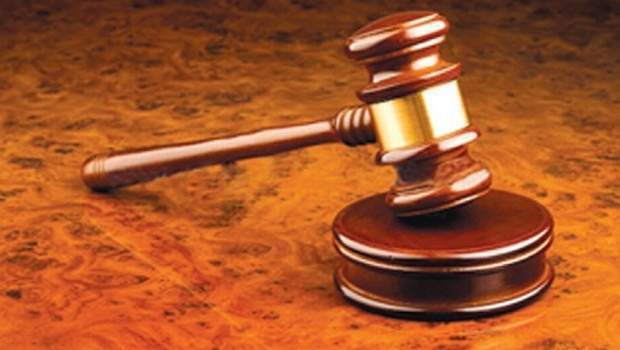India saw a number of landmark judgements being passed this year. Some of the most important rulings issued by Indian courts are summarised below :
Triple Talaq abolished in India
A landmark Supreme Court judgement struck down the practice of triple talaq saying it was illegal. A Constitution Bench with five justices, including the Chief Justice of India, voted by a 3-2 majority to rule the practice as unconstitutional.
A draft law – the Muslim Women Protection of Rights on Marriage Bill — is being proposed under which instances of triple talaq will is punishable with three years of jail time the husband as well as a fine. It also states that the offence will be a non-bailable, cognisable one.
The draft law makes the practice of triple talaq illegal in all Indian states barring Jammu and Kashmir,
Right to Privacy declared fundamental right
In another influential judgement, the Supreme Court ruled that the right to privacy is a fundamental right arising out of the personal liberty and guarantee of life under the Constitution’s Article 21.
The decision came during the hearing of a petition challenging the constitutional validity of the Aadhaar.
Sex with minor wife deemed criminal offence
A Supreme Court ruling has criminalised sexual intercourse with a minor wife aged between 15 and 18 years.
The court has clarified that while it wasn’t considering the issue of martial rape as a whole , it has struck down an exception within rape law under which a husband could have sex with wife aged 15 years and above.
Anti-Dowry law relaxed
The Supreme Court introduced amendments to the Anti-Dowry Law and provided fresh guidelines for dowry-related cases this year. The new guidelines eliminate immediate arrest of the accused and require all districts to set up Family Welfare Committees to investigate dowry cases.
Under the new law, bail application filed by the accused can be decided on the same day, and passports will not be impounded for those residing outside India. Physical appearances in the court are also no longer mandatory.
2G spectrum case accused acquitted
A special CBI court acquitted all 17 accused in the 2G spectrum case including former telecom minister A Raja and daughter of DMK chief K Karunanidhi, Kanimozhi.
In its ruling, the court noted that the prosecution had failed to prove any of the allegations. The CBI has indicated that it will appeal the verdict in High Court.
Five Of 1993 Mumbai blasts accused convicted
The TADA court in Mumbai convicted five out of the total seven accused in the 1993 blasts in Mumbai. Three of the five – Riaz Siddique Tahir Merchant, and Firoz Khan – were awarded death sentences while two others – Abu Salem and Karimullah Khan – were sentenced to life.
Aarushi Talwar’s parents acquitted
The Allahabad High Court acquitted Rajesh and Nupur Talwar in the sensational double murder case involving their daughter Aarushi and domestic help Hemraj.
After the verdict, the Talwars walked free out of Ghaziabad Dasna jail after spending four years there.
Nirbhaya case accused death sentences upheld
The Delhi High Court upheld the death sentences given out for the four accused in the December 16 Delhi gangrape case. The accused — Akshay Thakur, Pawan Gupta, Mukesh Sharma and Vinay Sharma — had been sentenced to death in 2013 by a trial court.
Gurmeet Ram Rahim found guilty of rape
Dera Sacha Sauda chief Gurmeet Ram Rahim Singh was found guilty by a special CBI court and was sentenced to 20 years in prison in two separate cases.
The popular religious leader, with millions of followers has been sentenced to two 10-year terms of imprisonment and also been fined Rs 30 lakh on being found guilty of raping two women disciples.





